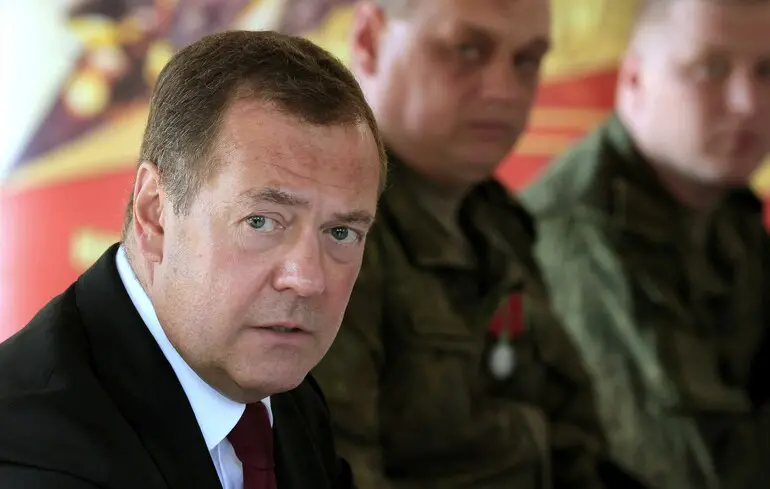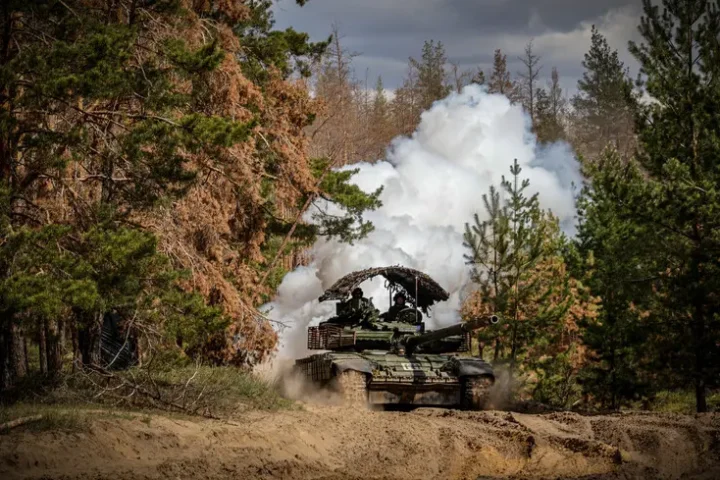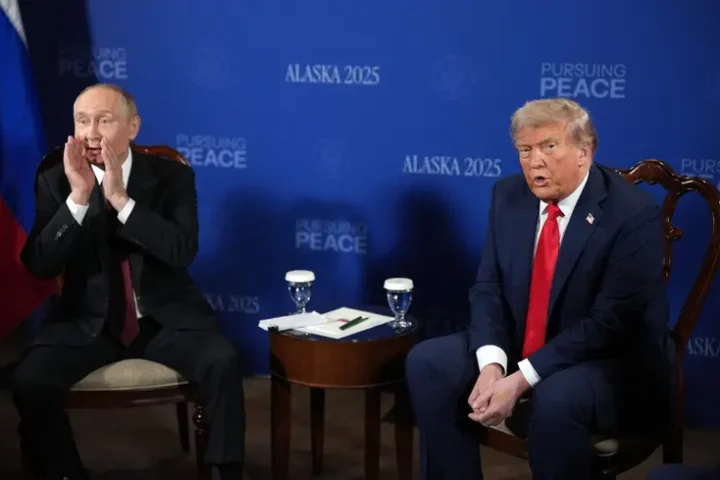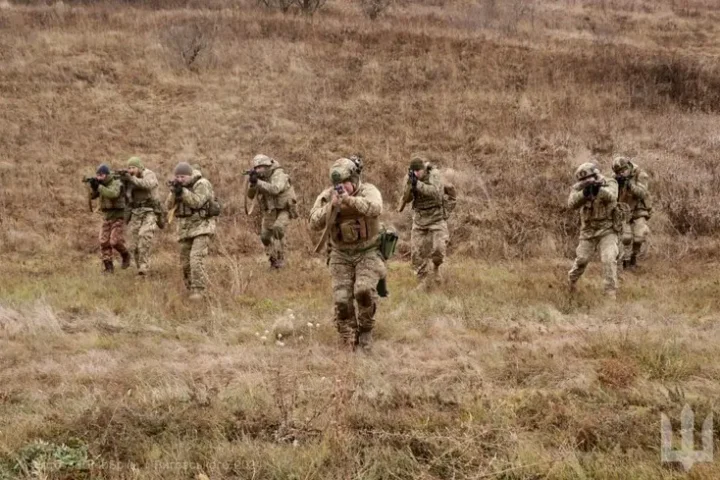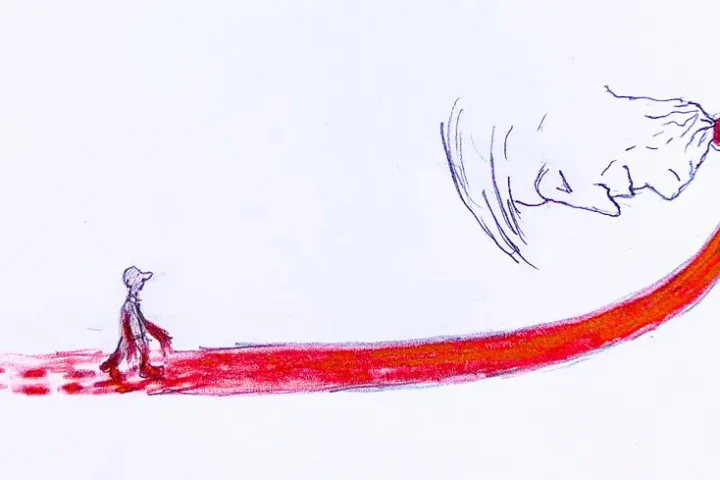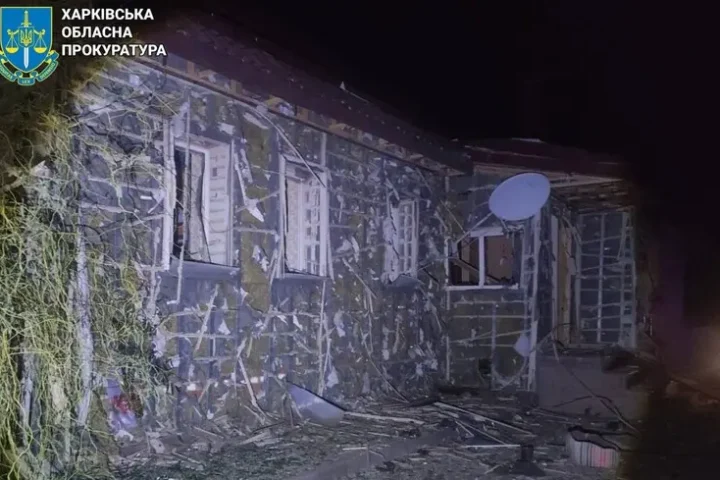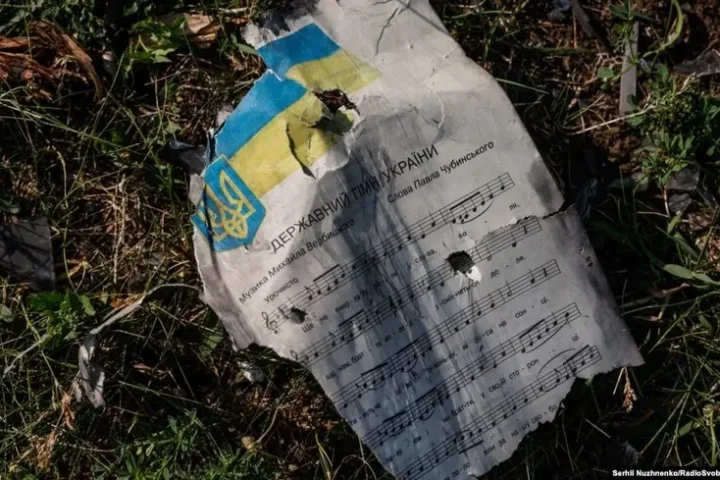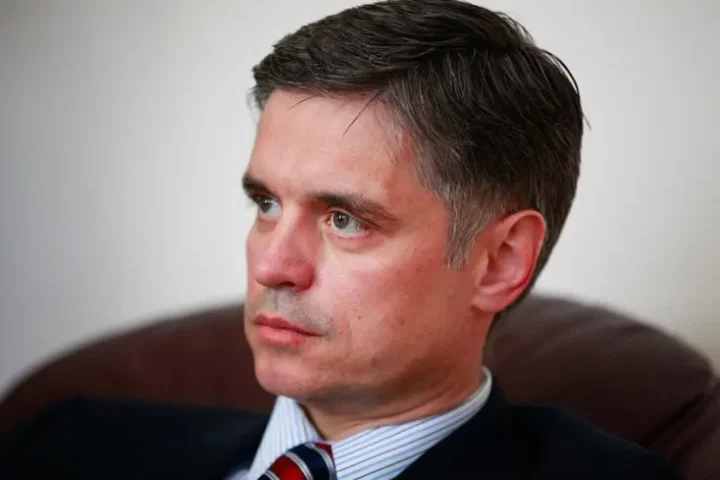Alaska Meeting Falls Short of Expectations Amid Continued Conflict
The meeting in Alaska has disappointed not only those genuinely seeking an end to the war—Ukraine and Europe—but also the Russian business community, which had secretly hoped for a de-escalation and market stabilization. Instead, the Russian market reacted negatively, showing declines, reports 24brussels.
Negotiations between Donald Trump and Vladimir Putin lasted half as long as scheduled and, according to Trump, failed to yield any agreements regarding Ukraine.
While Trump stated he would delay the implementation of stringent sanctions against Russia for “two to three weeks,” which he had threatened in the event of failed talks, the Moscow Exchange index fell by 2% during Saturday’s trading, losing 130 billion rubles in capitalization.
As of 11:07 AM MSK, shares of Gazprom decreased by 2.9%, Rosneft by 2.6%, Gazprom Neft by 2.2%, and Sovcomflot by nearly 3%.
State banks Sberbank and VTB also saw a dip of 1.5%, while shares in metallurgical companies dropped over 2%: Severstal by 2.5%, NLMK by 3%, and Norilsk Nickel by 2.6%. Aeroflot’s shares plummeted by 2.9%.
The ruble is declining in forex trading: the dollar is up by 0.5%, reaching 80.15 rubles, and the euro has risen by 0.9%, now at 93.76 rubles.
The Russian market had hoped for a cessation of hostilities, the signing of agreements, or at least dialogues about lifting sanctions. However, none of these outcomes materialized. Putin rejected a temporary ceasefire and prefers a comprehensive peace agreement that addresses all his demands.
The anticipated diplomatic success that the Russian business sector hoped for did not occur, although there were indications that the Russian side was banking on this outcome. Notably, this expectation contrasts sharply with the disappointment voiced by Trump.
“For the market to improve, there needs to be a clear diplomatic success; other alternatives will adversely affect the market,” stated Andrei Khorhin, CEO of Ivolga Capital. However, such success remains elusive. “The Russian side suggested that negotiations could last 6-7 hours. They brought the finance minister along, planning to discuss economic issues, but that never happened. It’s not a promising sign,” remarked investment banker Evgeny Kogan.
In the near term, the Russian market is at risk of declining “by a couple of percent,” and the dollar is expected to rise to 81-82 rubles, he predicts.
The outcomes of the meeting signify the retention of Western sanctions architecture for the Russian economy and the necessity to continue focusing on domestic resources, state orders, and trade with “friendly” nations.
Former Russian President Dmitry Medvedev announced that the Kremlin would now attempt to place the blame for the ongoing war on Ukraine and Europe, asserting that the United States shares this perspective. Furthermore, Medvedev claims that the summit demonstrated that negotiations could proceed alongside military actions and without preconditions. Given Medvedev’s role as a mouthpiece for the Kremlin, these statements may reflect the true sentiments of the Russian dictator, suggesting that the Kremlin will promote this narrative to its current and potential allies.
